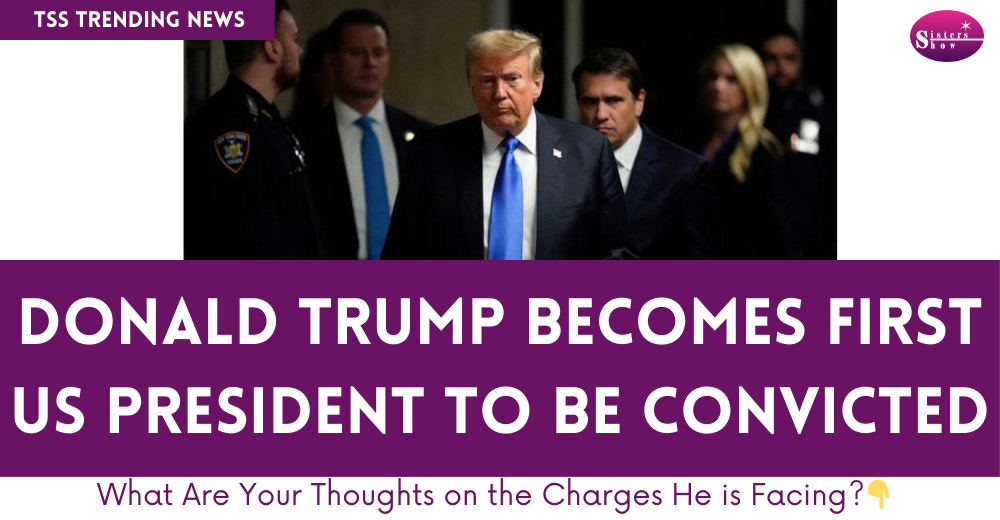
Donald Trump Becomes First U.S. President Convicted of a Crime: Guilty on 34 Counts
In a historic and unprecedented legal development, Donald Trump became the first U.S. president to be convicted of a crime when a New York jury found him guilty of falsifying business documents. The conviction stems from a cover-up payment made to silence a porn star ahead of the 2016 election.
After deliberating over two days, the 12-member jury reached a unanimous verdict, finding Trump guilty on all 34 counts he faced. The decision was announced shortly after 5 p.m. on Thursday. Trump, who observed the jury’s decision without visible reaction, now faces the potential of up to four years in prison, although sentencing could also result in shorter terms, fines, or probation. This conviction does not legally bar him from continuing his presidential campaign or assuming office if he were to win the upcoming election.
The trial, which lasted five weeks, included explicit testimony from Stormy Daniels, the porn star at the center of the scandal. Daniels claimed she had a sexual encounter with Trump in 2006, an allegation Trump denies. Key testimony came from Michael Cohen, Trump’s former lawyer and fixer, who testified about orchestrating a $130,000 hush money payment to Daniels during the final weeks of the 2016 campaign. Cohen, who has a criminal record and a history of lying, testified that Trump approved the payment and the subsequent plan to disguise reimbursements as legal expenses.
Falsifying business documents is typically a misdemeanor in New York, but prosecutors elevated the charges to felonies, arguing that Trump was concealing an illegal campaign contribution. Despite Trump’s complaints of an unfair trial in his heavily Democratic hometown, the jury’s verdict marks a significant moment in U.S. history.
This case, often referred to as the “zombie case” for its revival after being initially dismissed by former prosecutors, may be the only one to go to trial before the 2024 election. Trump is also facing other legal challenges, including federal cases related to attempts to overturn the 2020 election results and mishandling classified documents. However, if elected, Trump could potentially shut down the federal cases, though he would have no power over the election-subversion case in Georgia.
Throughout his legal battles, Trump has maintained his innocence, framing the charges as politically motivated attacks by his Democratic opponents, including President Joe Biden. As the 2024 election approaches, this conviction could influence voters, particularly among independents and Republicans, according to recent polls.




